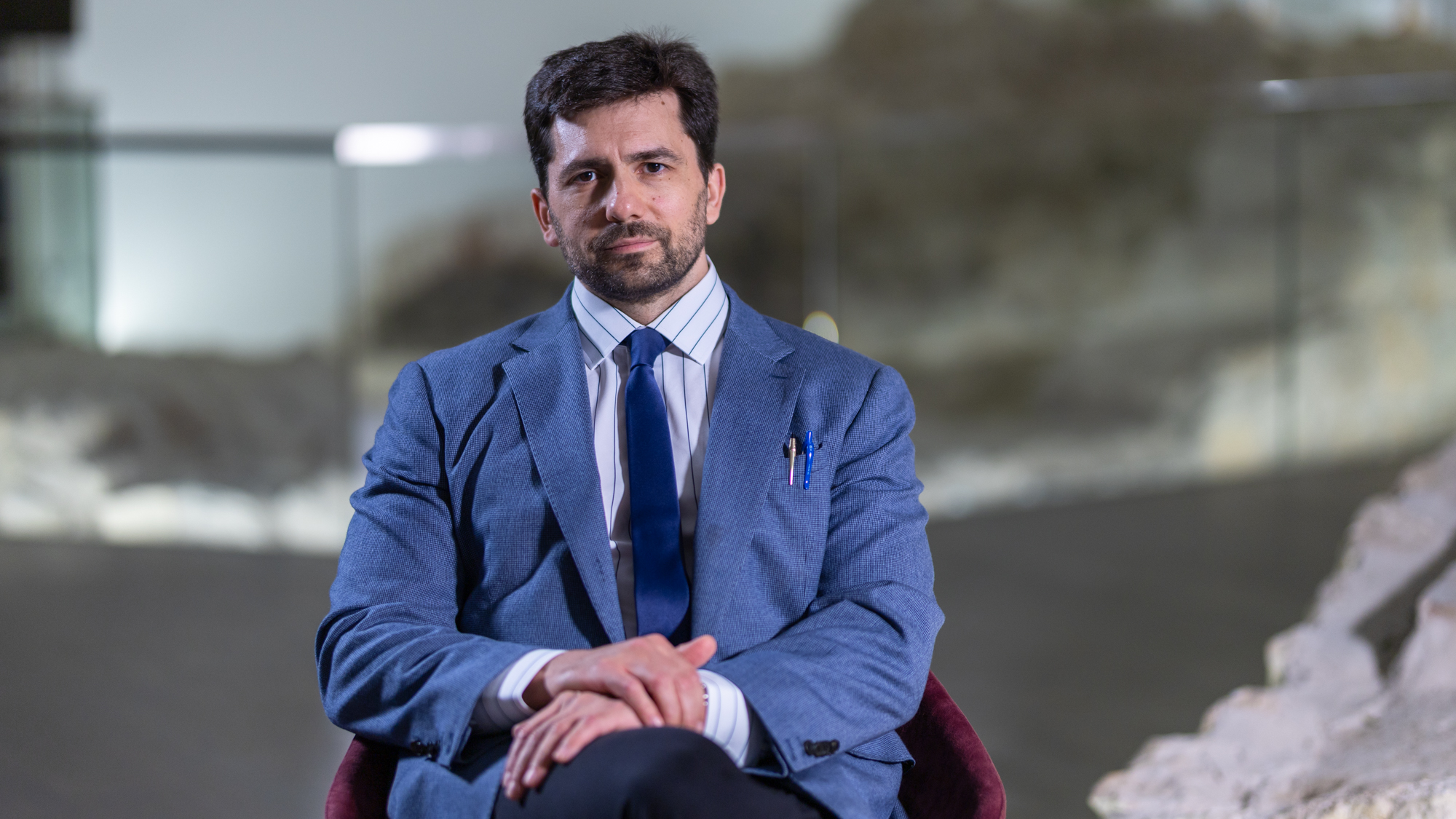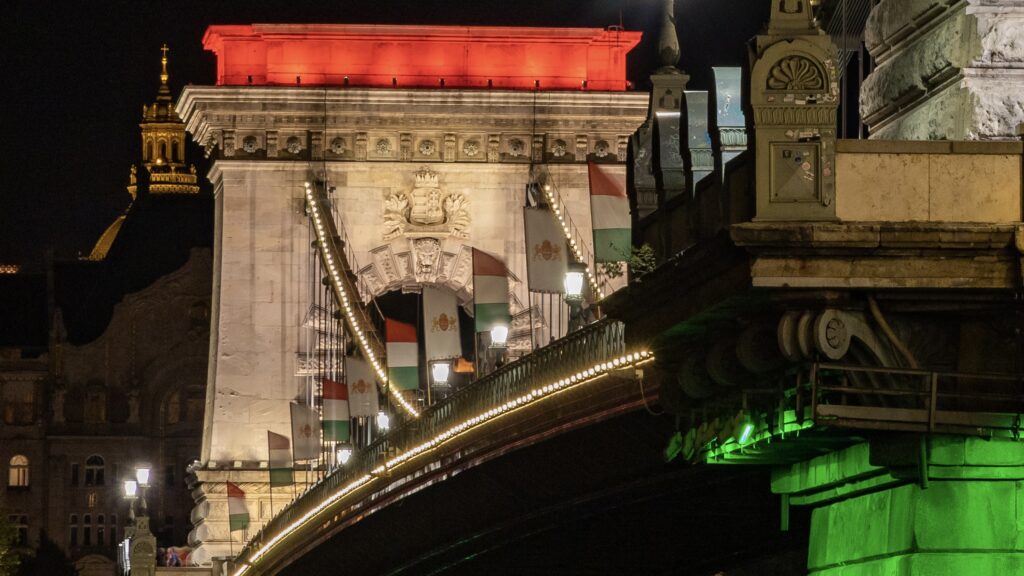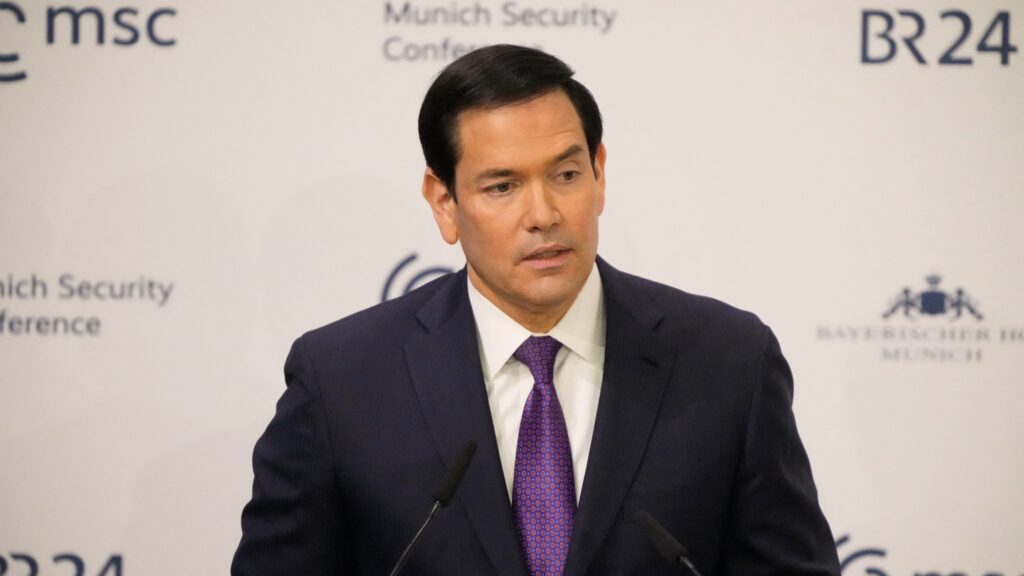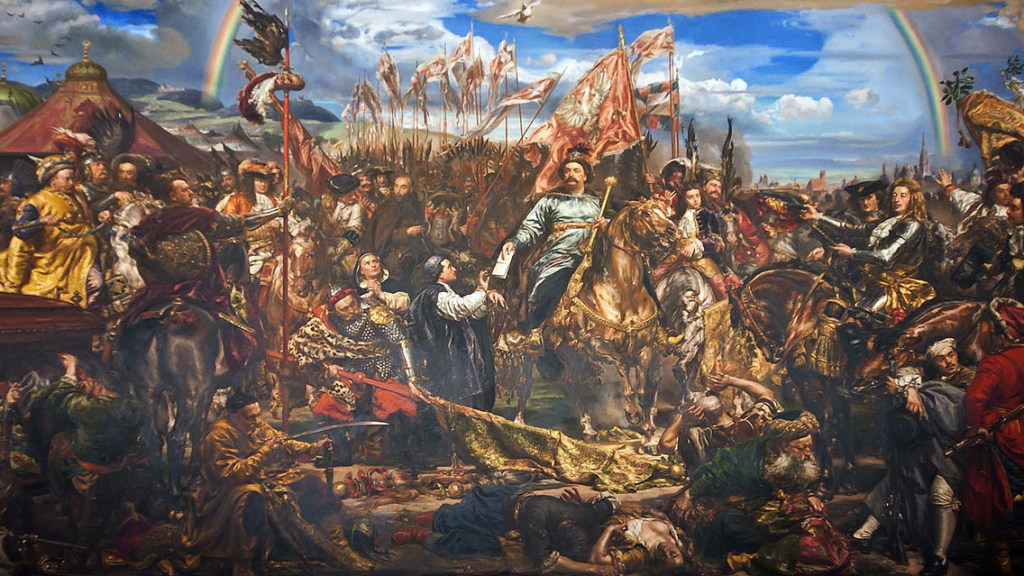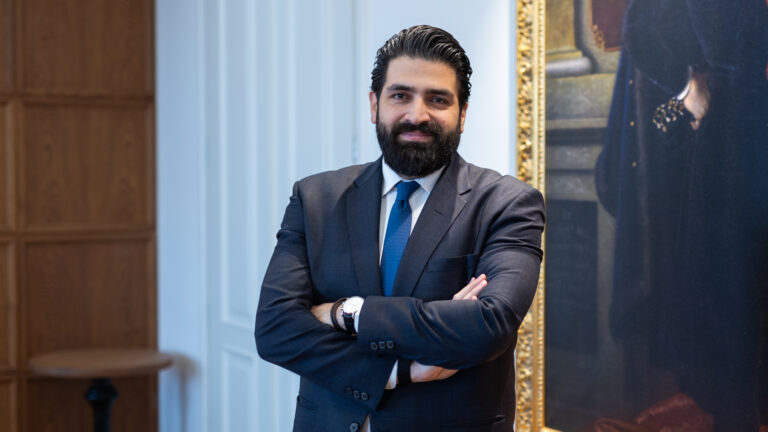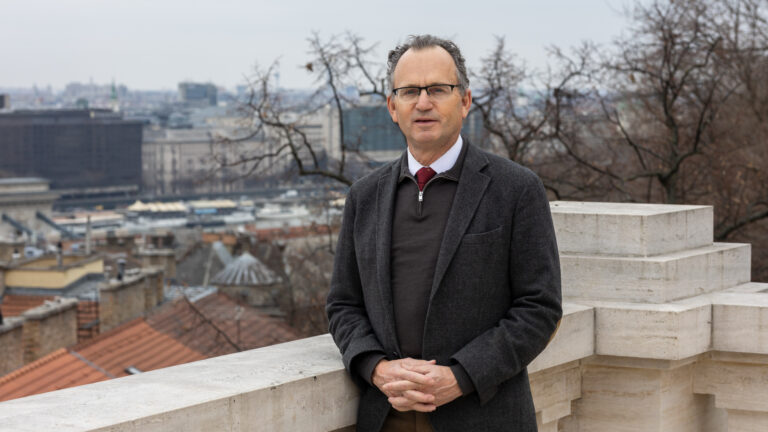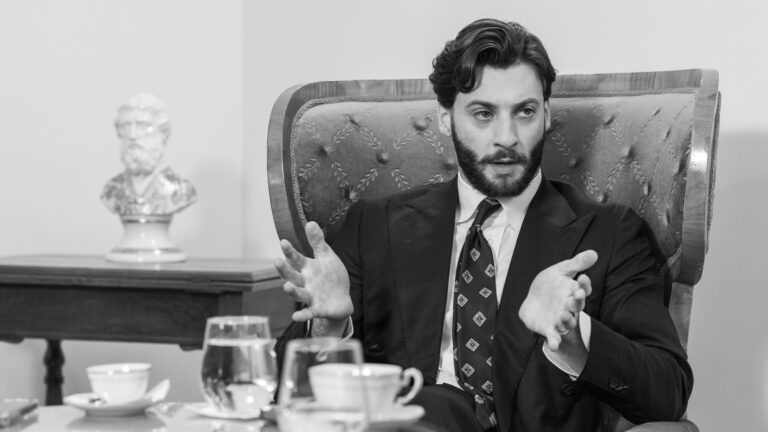Benedict Beckeld is a Swedish American author and philosopher. He completed his MA in Ancient Greek and Latin, and later his PhD in Philosophy, Greek, and Latin in Germany, at the University of Heidelberg, and was a guest researcher in France (École Normale Supérieure) and Italy (Bologna). After completing his doctorate, he became a professor of Philosophy, Greek, and Latin at the American University of Paris, but after 2014 he returned to the United States in order to concentrate on his writing on aesthetics, contemporary culture, political philosophy, and the philosophy of history. His recent book, Western Self-Contempt: Oikophobia in the Decline of Civilizations, was published in 2022.
***
Oikophobia means that we hate our own culture. Why does this happen?
We hate our own culture because, unfortunately, it’s actually an ingrained part of what it means to be Western. Oikophobia—Western self-hate—is a recurring phenomenon that has been coming back ever since antiquity. And every time it reappears, it’s a little more extreme than before. But it’s something that’s part of how Western societies develop.
The reason it happens is basically because Western societies have also typically developed a sense of egalitarianism, democracy, and an open intellectual space where ideas can be exchanged without fear—whether from the government, the church, or anyone else. And once those circumstances are in place, oikophobia begins to appear, because we no longer have an external enemy to fight against.
Every human being, in general, requires an adversary—an enemy of some kind. So the new enemy becomes other people within one’s own society. One begins to hate their own society in an effort to raise themselves personally above it. We see traces of this already in ancient Athens in the late fifth and early fourth centuries BC. Then we see it in Rome, in France during the Enlightenment era, in late Victorian England, and so on.
Can you add some details? For example, how did oikophobia appear in Rome, Athens, and later in Paris?
Earlier the people in Athens’ society thought that we’re the best, and of course, what we believe is correct, and everybody else is wrong. The philosophical idea of relativism develops in ancient Greece, where they say, well, what we believe isn’t necessarily what’s right. It’s just what we believe, and other people have just as much of a right to their truths. And so once you get this idea, that leads to a downgrading of Greek culture and to an uplifting of foreign cultures. Certain Greek intellectuals begin to imitate Persian or Lydian manners at the expense of Greek customs, and they start to call themselves citizens of the world. This is the kind of phenomenon we recognize in modern times as well.
‘One begins to hate their own society in an effort to raise themselves personally above it’
In France, during the Enlightenment, we have people like Rousseau, Condorcet, and Voltaire, who write things that sometimes sound almost exactly like what you’d expect from a modern-day leftist—when they praise native peoples from faraway civilizations and downgrade French culture. We see this in France then because the same socio-historical circumstances had been reached at that time as in ancient Greece and in Rome.
So it’s a pattern of mentality. But can you name some political ideologies attached to it later on?
The two philosophical streams that contribute the most to oikophobia are relativism and positivism. It’s easy to see how relativism contributes—because it doesn’t claim that our truth is important. There are many different truths, and our own civilization has no special claim to being better or more valid.
Then we have positivism, which is the idea that you can achieve a perfect society. But if you’re aiming for some higher state, that means you have to downgrade your own civilization in order to get there. Marxism would be an obvious example in the modern world: if you’re going to achieve the end of capitalism and the rule of the proletariat, then obviously you have to crush your own traditions to reach that state. The Frankfurt School and certain streams of French postmodernism in the 1950s and 60s are other examples of this kind of positivism.
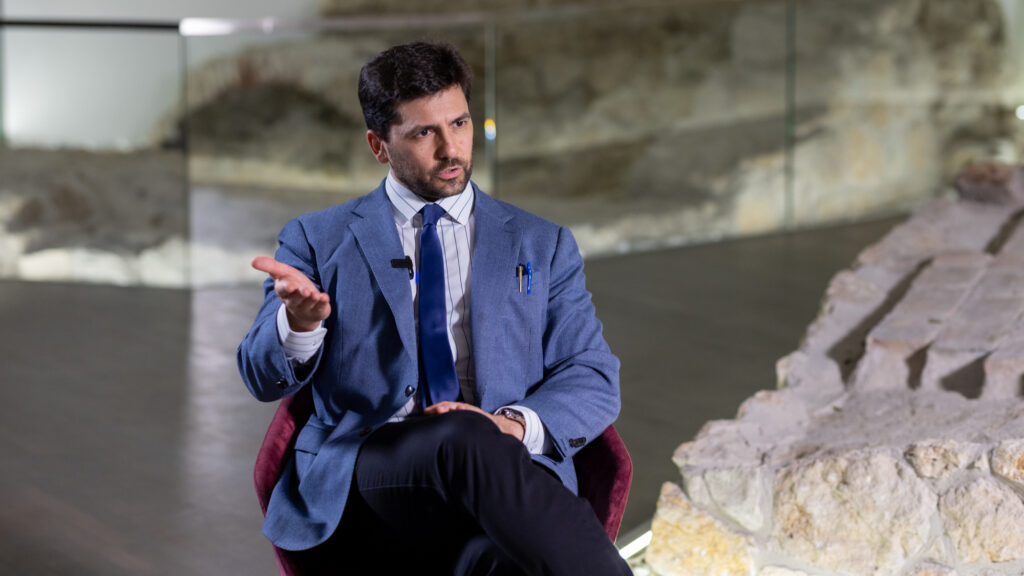
We can call it open society, openness to other cultures. In these days, it is a positive term, but in your book you use it as a very negative notion: it’s like a danger to Western civilization. Why?
Well, I’m not against the open society. I mean, I’m in favour of intellectuals being able to exchange ideas with each other—I do this myself every day. But you have to understand that history is tragic. I think this is a more conservative vision, because it’s anti-utopian. If you have a tragic view of history, you realize that yes, an open society is a good thing—but sometimes, there still have to be limits. Because otherwise, we end up in a position of oikophobia.
‘If you’re aiming for some higher state, that means you have to downgrade your own civilization in order to get there’
One quote from Jesus, because I find this very connected to this conversation. In Mark, chapter three: ‘If a kingdom is divided against itself, that kingdom cannot stand. If a house (oikos) is divided against itself, that house will collapse,’ says Jesus. Do you see the parallel with what’s going on in our world?
When you have an external enemy that’s about to destroy you, everyone has to rally together, so the society becomes more unified. But when you don’t have an enemy anymore, then there is the opportunity for different groups within the society to start fighting against each other, and the house becomes divided, to use this phrase from the New Testament. And that’s when oikophobia comes in, because you have to criticize all of the other parts of your society in order to raise your own individual group. So this leads to a kind of Neo-tribalism, or fragmented tribalism.
It’s about the mentality of people. But is it possible that the very pillar of our civilization—Christianity itself—has lost its attractiveness? That most Westerners have simply lost their connection to it?
Christianity, of course, is a very complex phenomenon. There are different kinds of Christianity. When it’s written in the New Testament that the meek shall inherit the earth, there’s this idea of the weak being raised up. And we see, for example, how the Catholic Church, in many instances, has encouraged immigration to Western countries from parts of the world that are often hostile to the West. So, there is one aspect of Christianity that can exacerbate oikophobia. But then there is another aspect—one I think should be more encouraged—a stronger, more muscular type of Christianity. We see this more in the United States: a Christianity where people might always carry a gun, go to church, wave the American flag, and so on.
Christianity, in general, is very important because religion is the cornerstone of every society. If you lose your religion, you lose everything else as well. Even things that aren’t religious per se begin to collapse when religion collapses. So we still have to fight hard to preserve Christianity—but we should focus on that aspect of Christianity that is a little more muscular.
So does the very root of oikophobia stem from the egoism of the modern man who doesn’t care about religion, or partly from Christianity, which lost its influence?
It’s a little bit of both. For example, the Enlightenment I mentioned earlier is a kind of vulgarization of Christianity, because the Enlightenment couldn’t have happened without Christianity. It emphasizes ideas like caring for the weak and looking after the downtrodden—these are Christian ideas. So I wouldn’t say Christianity itself causes this problem, but rather a vulgar type of Christianity.
If you look at Christianity in its very beginning, when it started in the late Roman Empire, it was very undeveloped. That early form of Christianity wasn’t good for a society to survive because it was very pacifistic.
‘Religion is the cornerstone of every society. If you lose your religion, you lose everything else as well’
But once Christianity became the religion of the empire under Constantine, many Christian philosophers realized that we had to be stronger—because otherwise the Empire couldn’t be defended. So Christianity became stronger, more muscular. And that is the form that needs to be preserved.
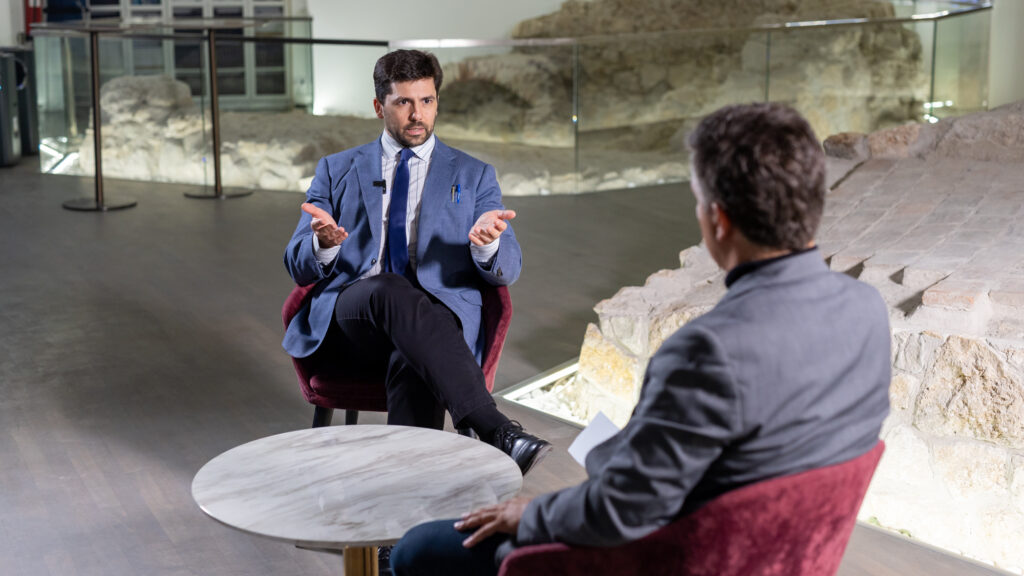
Is cultural Christianity enough to preserve Western culture, or we need to dig a little deeper into real Christianity?
I think we do. There’s a bit of a renaissance happening now in faith. If you look at the Catholic Church both in Europe and the United States, you see young Catholics wanting to attend the Latin Mass. They’re tired of this 1960s-style Catholicism where people sit with a guitar during the service.
Of course, there are some people who will simply never believe in the literal theological aspects of Christianity. To those people, I would at least emphasize the importance of the aesthetic value of Christianity. There’s a segment of the population that doesn’t believe everything in the Bible but still sees the beauty in going to church.
Experts often say there are three pillars of Western civilization: the Judeo–Christian tradition, Greek philosophy, and Roman law. Do you think there’s a fourth or even a fifth pillar?
No, those are really the main ones. There is now a sort of neo-pagan movement that, in the face of the collapse of Christianity, attracts certain segments of the population who are also very anti-oikophobic and want to preserve our civilization. But they tend to gravitate more toward Norse paganism. They don’t really believe in Thor or Odin or anything like that—so it’s more of a rebellion than a genuine belief in something positive.
What did the ancient Europeans know better about life than us in this 21st century?
That the greatest thing is to have children and a big family. Because when a person has children, they develop a desire to pass something down to them. Suddenly, they have a stake in society—they want society to continue. There’s an old Greek saying about who the happiest man in the world was. Some might think it’s someone with lots of money or power, but no. The answer was a person who had many children, saw all of them reach adulthood, and watched all his grandchildren grow up healthy and strong. That was the happiest man in the world. So I think that’s something we really need to emphasize, which is why governments should encourage large families.
‘When a person has children…Suddenly, they have a stake in society—they want society to continue’
In connection to old traditions from ancient times, do you think there’s any real difference between those traditions and us today?
As I mentioned, there was oikophobia in the ancient world as well. It didn’t become quite as extreme for a few reasons—partly because they had more war than we do. They achieved a certain measure of security, but there was often some kind of conflict going on, which helped in that sense.
In pre-Christian antiquity, people didn’t have the same sense of human rights or the intrinsic worth of human life that we talk about today. The ancient Greeks and Romans wouldn’t have cared much about what’s happening to innocent people in Gaza, for example. That doesn’t mean they didn’t care at all about the world, but it meant they focused more on their own space. Other peoples were responsible for their own societies, and we are responsible for ours. Usually, when we all try to care about humanity together, we just make things worse.
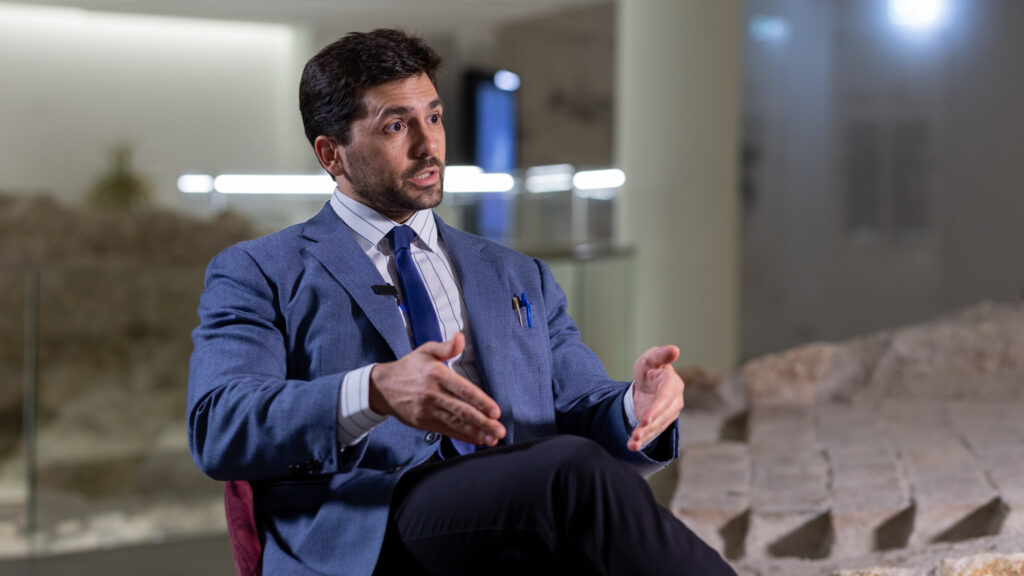
You’ve claimed there is a definite decline of Western civilization. We’ve touched on one of its causes—oikophobia. Can you name some other symptoms we’re experiencing today?
Probably the most obvious symptom is androgyny—the idea of sexual fluidity, that a man can become a woman, and vice versa. It’s more extreme today, but when a society reaches its oikophobic phase, it also becomes more androgynous, and traditional gender roles between men and women start to break down.
Another symptom is related to the idea of manliness. Today, you often hear people say things like: ‘It’s manly to be able to cry in public, to show emotions.’ I’m not saying a man should never cry, but a man should be strong. In earlier phases of society, the attitude was that if a man had to cry, he did it privately—not in public. The embrace of manliness as a virtue is important, and it’s something we’ve lost. That loss is a sign of civilizational decadence.
My last question is about Sweden, since you spent your childhood there. In Hungary, we often see Sweden as a very social democratic, free, and open society. But with multiculturalism, migration, and concerns about Islam’s growing presence, there are fears about overpopulation by Muslim communities. What is the current status of Swedish society?
It’s awful. I left Sweden as a child in the 1990s and went to the United States, but I’ve been back visiting. Every time I return, it’s worse than before. For example, Jews exiting the synagogue on the Sabbath in Stockholm take off their kippah because they’re afraid to wear it in public—even in broad daylight. They simply can’t wear it openly in the middle of the day.
‘The embrace of manliness as a virtue is important, and it’s something we’ve lost’
As in many European countries, you notice the Islamic populations in the big cities. Like in France, in Paris or Brussels, they’re Islamic cities. In Sweden, it has come to the point that it’s a quasi-Islamic society. The Left would say: ‘Oh, well, it’s only 15 per cent Muslim population. What’s the big deal?’ But obviously that minority of the population is much louder and much more aggressive than regular Swedish people.
Sweden is one fairly extreme case. I don’t think the problem can be solved in Sweden or in a number of other countries without violence, unfortunately. This is a whole long discussion; the Left always calls us bigots when we talk about Islam, but there are very concrete philosophical reasons why Islam does not belong in the West. And not Islamism. Conservatives have to stop saying ‘Islamism’, because that makes it sound like Islam is okay and there is Islamism, which is not okay. No. Mainstream Islam does not belong in the West.
Are you saying this because you are a Jew, and you have some knowledge about the Quran?
It’s because I’m a philosopher, and the philosophy of religion is one of my areas of expertise. I write not just about Islam, I write about Christianity, I write about Judaism, different things. I had a long article published a couple of years ago that explained three main philosophical reasons why Islam does not belong in the West, comparing it with Christianity and Judaism.
‘Mainstream Islam does not belong in the West’
Would you live in Sweden again?
No, never.
What is the reason?
Well, I was still a child when I came to the United States, so I was Americanized. I feel more American, but I also feel much freer here. I know it sounds like a cliché, but it’s still the freest country in the world. We have great opportunities, and you can speak much more freely. Of course, there are particular places in the US where the Left tries to suppress speech—that happens everywhere. But by and large, the country as a whole is still freer than Sweden, where the mentality is much narrower.
Watch the full podcast below:
Why do Westerners hate their own culture? | Danube Lectures
Listen on spotify: https://open.spotify.com/episode/2F4UKAtKSjC1EbOCRgBocq?si=-5gK1QI9RSSxS4h-MwquJQ 0:00 – Introduction 0:49 – Why do we hate our own culture? 3:01 – How did oikophobia appear in history earlier, in Rome, Athens, and Paris? 5:22 – What are the ideological roots of this mentality? 7:02 – Why is oikophobia a danger to European societies and Western civilization?
Related articles:

